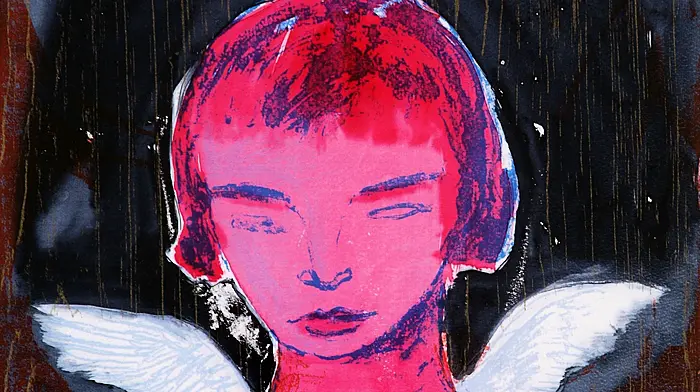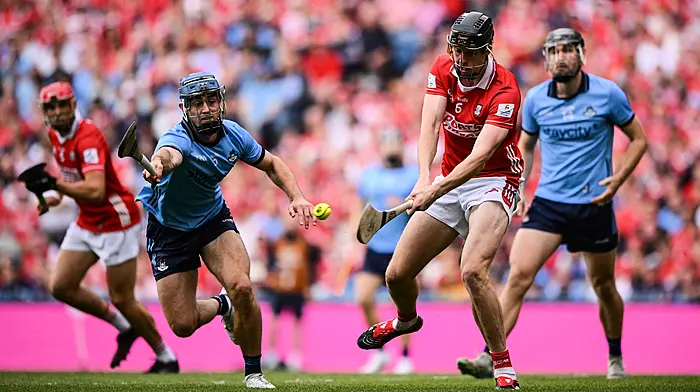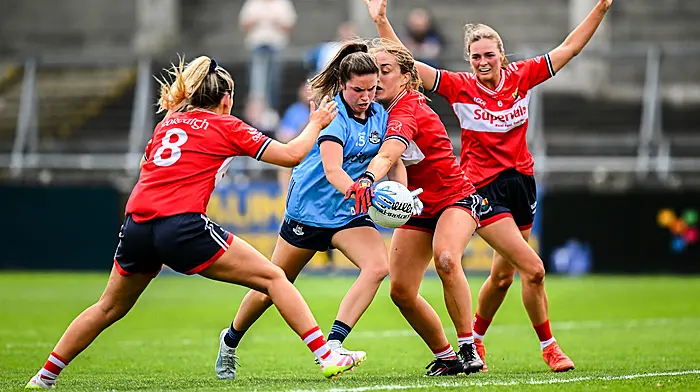More information on the impact of a salmon farm at Shot Head in Bantry Bay is being sought, before a licence can be granted.
BY SIOBHÁN CRONIN
MORE information on the impact of a salmon farm at Shot Head in Bantry Bay is being sought, before a licence can be granted.
That was the finding of the appeals board which heard four days of submissions from the public at oral hearings held in Bantry last February and September.
A total of 13 separate appeals were made to the decision to grant a licence to Marine Harvest Ireland (MHI), which is planning a salmon farm in the bay.
MHI is Ireland’s largest producer of farmed salmon and operates existing salmon farms in Bantry Bay at Ahabeg and Roancarraig.
It plans to operate these in conjunction with the new facility, to enable improved rotation of the fish crop. The proposed farm would comprise 12 circular cages, each of 128m circumference and 41m in diameter, and arranged in two rows of six cages.
But in its report, the Aquaculture Licence Appeals Board, chaired by Prof Owen McIntyre of UCC, says that the appellants raised ‘a range of relevant concerns’.
Among the concerns noted are the suitability of the site and the environmental impact on wild salmon stocks and the impact of waste from the farm.
The chairman states: ‘It is clear that the Environmental Impact Assessment (EIA) for the project neglected to consider the risk of sea lice infestation of wild salmonid populations in the Dromagowlane and Trafask Rivers, or the indirect consequences for a range of dependent protected species of any resulting decline in wild salmonid populations.’
The report also suggests that if a licence is to be granted, a further means of addressing the risk of sea lice infestation of wild salmonids in Bantry Bay might involve amending the licence conditions to change the timing of the production cycle or to control stocking densities at particular times.
As a result, the appeals board has recommended the licence be issued, but subject to certain conditions. These include a new environmental study which would assess the risk of sea-lice infestation of wild salmonids migrating from the Dromagowlane and Trafask rivers, and resulting affects on pearl mussels. There should also be an assessment of the impact of salmon farm waste on water quality in the area.
The board also wants to see the impact on otters in the rivers mentioned, and on the seal populations of Glengarriff harbour.
‘If, on the basis of such further information, the board should decide to grant an aquaculture licence … the board should include conditions to change the current production limit to one based on a maximum allowable biomass of 2,800 tonnes,’ it concludes.
The present aquaculture licence permits biennial production of 3,500 tonnes of farmed salmon over a 24-month production cycle, with harvesting over a six-month period between months 17 and 22 inclusive.









